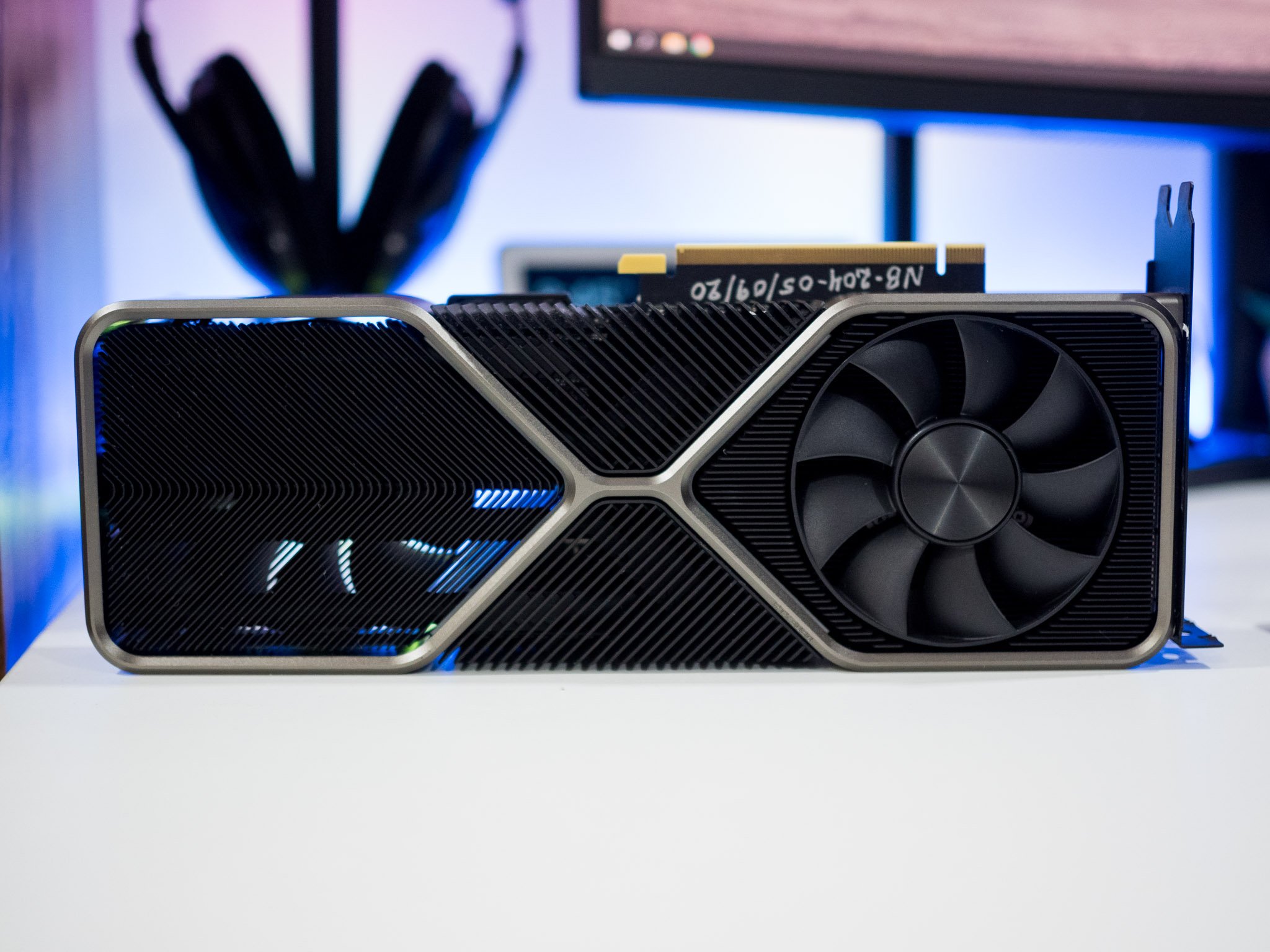Despite investigations around deal, NVIDIA CEO remains 'confident' about acquisition of Arm
Despite several government agencies looking into NVIDIA's acquisition of Arm, NVIDIA's CEO remains confident that it will go through.

All the latest news, reviews, and guides for Windows and Xbox diehards.
You are now subscribed
Your newsletter sign-up was successful
What you need to know
- NVIDIA CEO Jensen Huang is "confident" that the $40 billion acquisition of Arm will go through.
- The US Federal Trade Commission, UK Competitions and Markets Authority, and European Commission have all looked into the deal.
- Huang believes that NVIDIA's purchase of Arm will bring innovation to the market.
NVIDIA's acquisition of Arm is set to be the biggest ever deal in the semiconductor industry, but before it goes through, it will have to clear some hurdles. The US Federal Trade Commission, UK Competitions and Markets Authority, and European Commission all opened investigations into the deal. Despite these investigations, NVIDIA CEO Jensen Huang is "confident" that the deal will go through.
Huang spoke on the topic during a conference call at Computex 2021 (via Bloomberg).
A main concern of regulators, and reportedly tech giants including Google, Qualcomm, and Microsoft, is that Arm may not stay manufacturer-neutral after it's acquired by NVIDIA. Since Arm makes processors for a massive number of phones, computers, and many other devices, a worry is that Arm may focus on helping out NVIDIA, creating an unfair playing field.
The UK Government is also looking at the deal from a national security angle.
Huang doesn't seem to think those concerns will halt the deal. "I expect this one to take 18 months, so that's later this year, early next year. I am confident about the transaction," said Huang. "Our companies are complementary, so we'll bring, by nature, innovations that come as a result of companies that come together and offer complementary things."
Huang also argues that Arm becoming part of NVIDIA would drive innovation, "The regulators are looking for: Is this good for competition? Is this pro-competitive and brings innovation to the market? Does it give customers more choice, does it give customers more offerings and more choice? said the CEO. "You could see that on the first principle that our companies are complementary."
With a deal of this size, it's safe to assume that we'll hear several more opinions and rulings before it goes through or is halted.
All the latest news, reviews, and guides for Windows and Xbox diehards.

Sean Endicott is a news writer and apps editor for Windows Central with 11+ years of experience. A Nottingham Trent journalism graduate, Sean has covered the industry’s arc from the Lumia era to the launch of Windows 11 and generative AI. Having started at Thrifter, he uses his expertise in price tracking to help readers find genuine hardware value.
Beyond tech news, Sean is a UK sports media pioneer. In 2017, he became one of the first to stream via smartphone and is an expert in AP Capture systems. A tech-forward coach, he was named 2024 BAFA Youth Coach of the Year. He is focused on using technology—from AI to Clipchamp—to gain a practical edge.
